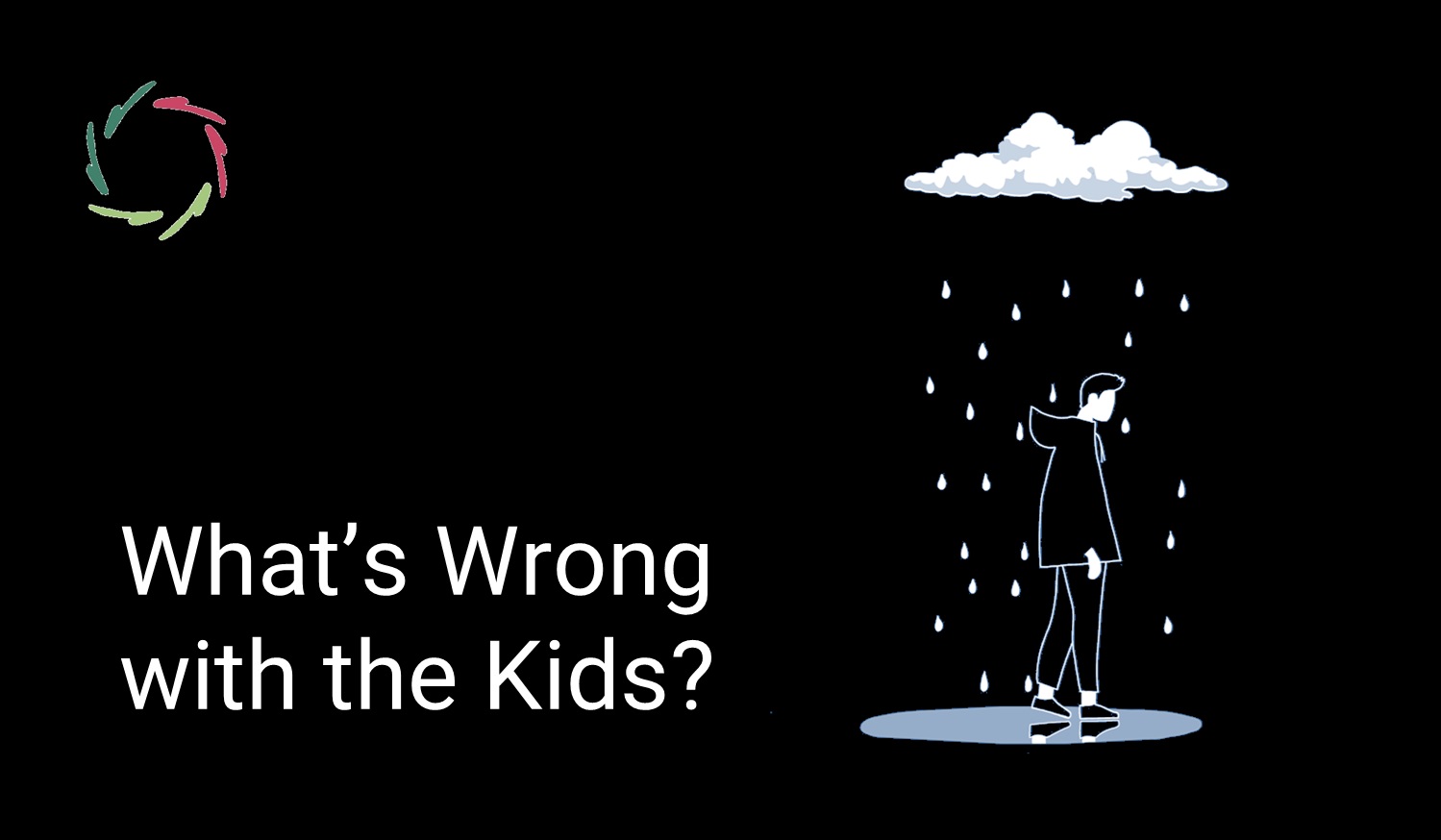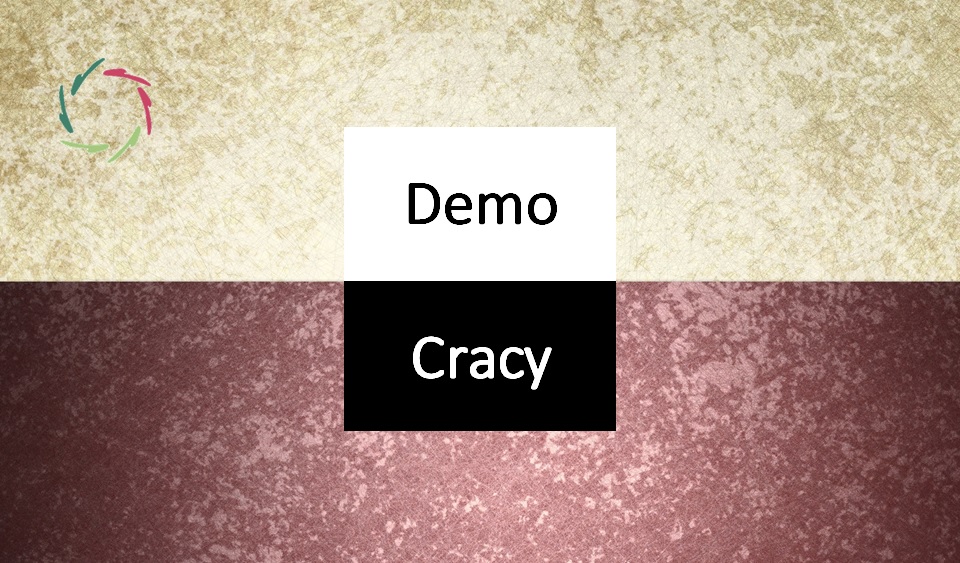Culture and Nature

The age-old debate: culture vs. nature. High time it becomes: culture FOR nature ― environmentally and most of all profoundly inside ourselves.
We might have forgotten: We are nature.
More and more, technology enables us to forget that we are nature. Many know it like it were just a piece of information, but not as a much-needed essential truth.
In medicine, for example, this leads to the over-categorization of human suffering into disease entities as if most of them capture specific kinds of suffering. Many are little more than socially constructed ― not existing in nature. Then, drugs are developed and used as if these cure diseases. Only a few do so. [see: “Most drugs are sheer symptomatic“]
Nature’s revenge
shows in many ways. This is pitiful, more so because nature is not our natural enemy. It becomes one only by fighting back. A depression becomes truly a depression-as-disease mainly by fighting-against it (instead of fighting-for wholeness). [see: “Depression: in need of the lost soul“]
It is also pitiful because one cannot win against nature. One can only destroy the whole so that all parties lose. One might call this ‘winning,’ but I don’t. Antidepressants don’t make one win against depression. They serve to knock down one’s emotions in general, and even so, mainly through placebo-effects. [see: “Antidepressants on a Plate“]
Another healthcare example: addictions. One cannot win an aggressive fight against nature over any addiction. One can only lose a substantial part of oneself. An addiction’s material is not like the shape of a building, but the stones, being you. [see: “Addiction: in Search of Deeper Meaning“]
Being nature, it is better to flow along.
Flowing along, one can see how to cooperate towards a common purpose. Thus, the immense power of nature-inside-oneself becomes the power of an ‘ally for piece’ instead of an enemy in combat. Managing this well makes a huge difference. Note that 1) it is not easy, and 2) it is even counter-cultural in many instances.
A culture that does such management very well is itself a part of nature. Worldwide, we see profound culture either flowing in this vein or showing the difficulties and intentions to grapple with it. Say the ‘arts’: high-level literature, music, paintings, movies, architecture. This is also crucial in education. [see: “Culture over STEM“]
Contrary to this, superficial cultural products (many mass media, etc.) are at risk of going into the anti-nature direction.
Looking at nature, one may see disorder and chaos.
Indeed, letting go of culture runs the risk of sliding into disorder. Natural complexity is not chaos [see: “Complexity of Complexity“], but can easily be mistaken for it or lead to it. Subcultural experiments with ‘free societies’ have seldom been able to grapple with this durably. I don’t think anyone is to blame for this. Proper support is needed.
Anxiety for this ‘natural disorder’ sometimes leads to stark reactions that may do more harm than good. They can be very aggressive, showing the anxiety behind. In my view, history is full of consequences of this negative energy. One can see this everywhere ‘stop the disorder’ is used as an outcry for action.
Of course, disorder is not straightforwardly OK. However, aggression against it may be oriented against nature, which is also not straightforwardly OK.
In psychotherapy/coaching
The present-day ‘great psychotherapy debate’ is about socially constructed vs. fundamental reality. [see: “Psychotherapy vs. Psychotherapies“] Fundamental reality is nature as we can know and experience it. It is our natural habitat.
In constructed reality, psychotherapeutic techniques are supposed to coerce nature into wished-for solutions. Unfortunately, the intended solutions are mostly symptomatic/cosmetic. Even so, the techniques are by themselves not effective, as science shows repeatedly and quite unmistakably.
AURELIS-coaching
is fully oriented towards the natural flow. As you may see now, this doesn’t mean the sheer avoidance of constructs. ‘Constructing’ is part of human nature. The problems start when the constructs get dissociated from the fundamental, natural flow. [see: “Inner Dissociation is NEVER OK!“]
Note that inner dissociation is arguably the primary source of all human suffering (as opposed to pain). This is important enough to be taken into account all the way through.
In present and future A.I. also, the search is on for ‘nature + culture.’
The surge is unstoppable. One can only try to lead it in a good direction.
As a next step, you might read [see: “Future A.I.: Fluid or Solid?“]


